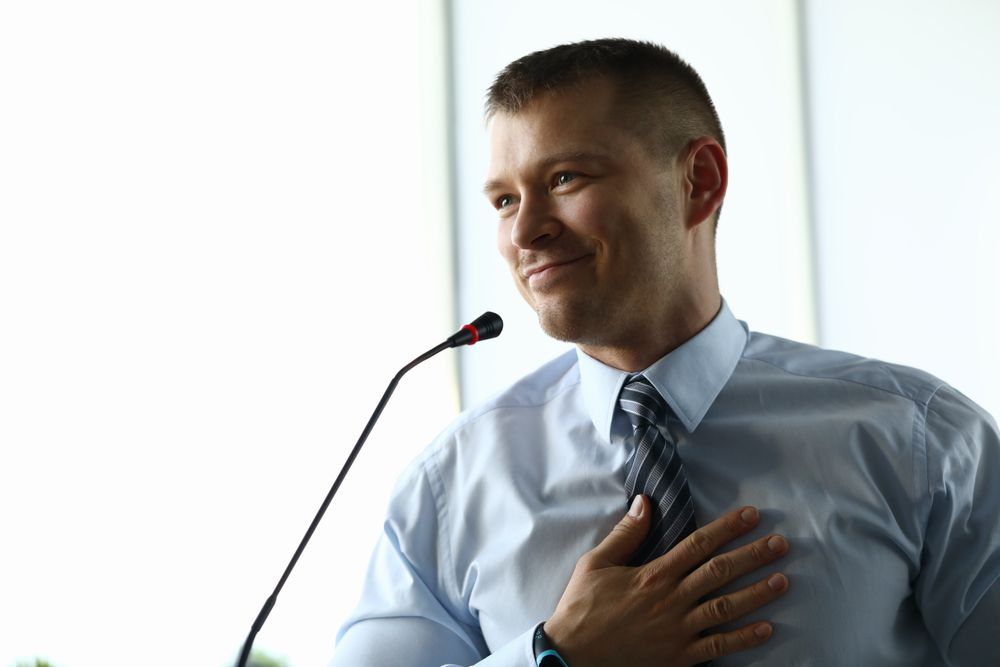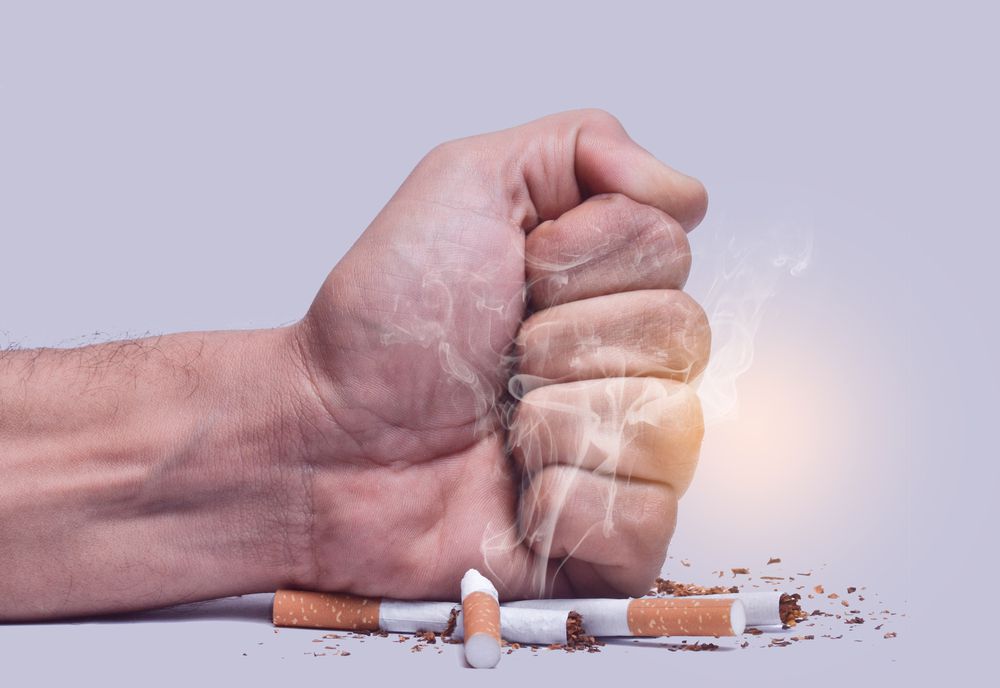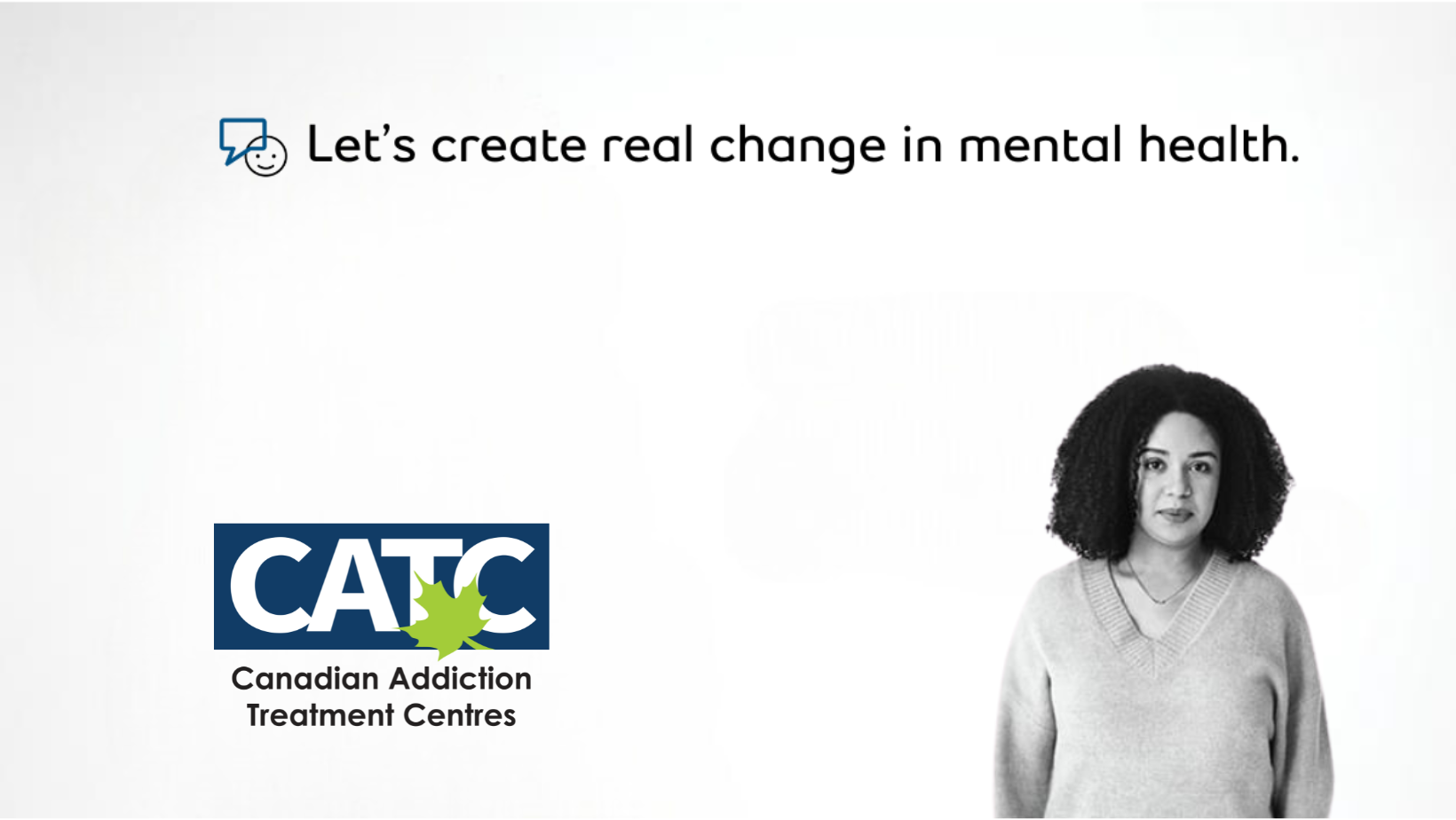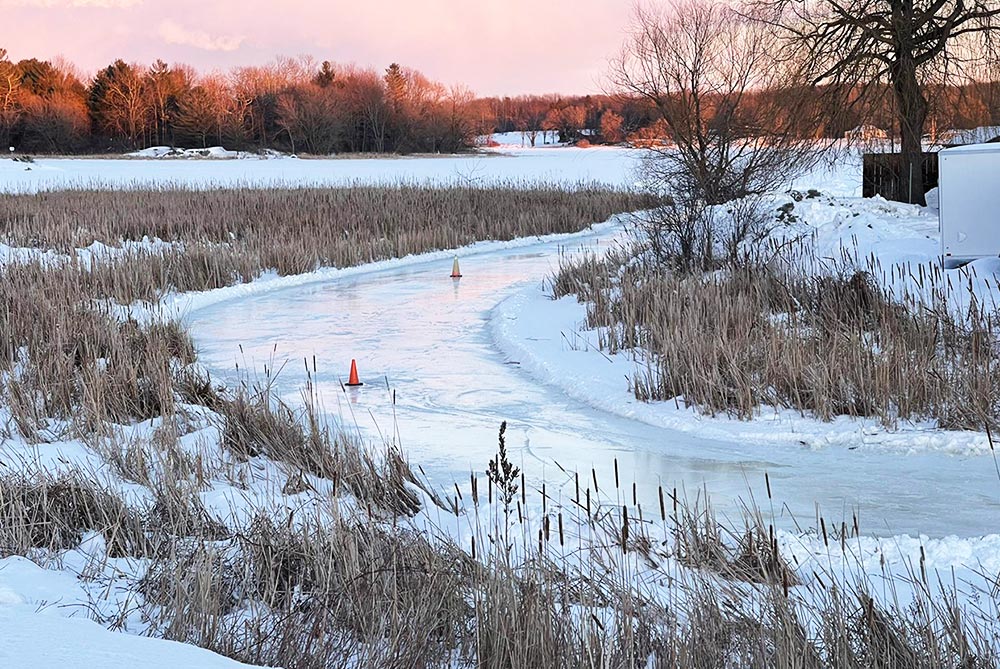
What Are The Stages of Addiction Treatment Progression?
Overcoming addiction is rarely a straightforward nor enjoyable process. Indeed, it may be more accurate to describe it as a journey through uncharted terrains. However, there are some milestones that you can use to keep track of your recovery. These milestones refer to the stages of addiction recovery, and we’ll tell you all about it.
Many people find that knowing what obstacles to expect helps them prepare better for any activity. This same logic accurately transfers to addiction treatment and recovery. Understanding the stages of addiction recovery can go a long way in helping you prepare mentally for rehab. Moreover, it also comes in handy when trying to convince a loved one to seek addiction treatment
If you are considering addiction treatment for yourself or your loved one, you will undoubtedly wonder what to expect during the process. While we cannot tell you exactly all that will happen during rehab, we can show some hurdles you have to overcome. This way, you can keep track of your progression through addiction treatment.
In this article, we will share some valuable insight into the stages of addiction recovery. This will help you gather up the necessary motivation to seek help for your substance abuse. Furthermore, we will also shed some light on the possible timeline for addiction treatment in Canada. This way, you know what to expect during rehab and how long it takes.
But first, what exactly does addiction treatment mean?
What does Addiction Treatment Mean?
Addiction treatment refers to medical or psychotherapeutic treatment for people who are dependent on psychoactive substances. Such substances include prescription medication, alcohol and street drugs, including heroin, cannabis, etc. In other words, addiction treatment in Canada seeks to help patients confront their substance dependence and stop further use.
Addiction rehabilitation aims to help individuals addicted to a substance stop their compulsive drug use. However, the process is not as straightforward as it seems. Most people face numerous obstacles and even relapse before they finally break free from substance abuse. We will shed more light on this when we talk about the stages of addiction recovery.
There are several evidence-based approaches to treating addiction. However, the specific type or combinations of treatment you receive will address your unique needs. But you must know – recovering from substance addiction is never easy. At the very least, it will take significant willpower and self-discipline on your part.
This is why many prefer to take time and research before they attempt rehab. This way, they have any idea of what to expect during addiction treatment. Irrespective of the extent or duration of your addiction, and the type of treatment, the six stages of addiction recovery are still relevant. In the next few paragraphs, we will tell you all about them.
Read further to find out more.
Addiction Recovery: The Stages of Treatment Progression
There is no doubt that addiction treatment and recovery is a long journey without a precise ending time. However, it is possible to keep track of your progress on your way to eventual recovery. Experts have broken it down to a series of six distinct phases to help you understand the rehabilitation process. Here are the six stages of addiction recovery.
Precontemplation stage
This is the very first step towards addiction recovery. You see, the longer an addiction goes, the more severe its consequences. Eventually, the addict will become aware of the implications of their actions, both on themselves and their loved ones. However, they will try to justify their drug use or even downplay the consequences of their addiction.
During the pre-contemplative stage, drug users are not considering the need to stop their habits. As a result, they become defensive and will even rationalize their addictive habits. This is not to say they are not aware of the adverse effects of their drug and substance. Instead, their perception is that the benefits of continuing in their addiction outweigh the repercussions.
Therefore, an individual in the precontemplation stage will prefer to remain in active addiction rather than seek help.
Contemplation Stage
Here, the drug user has begun to realize that the consequences of their habits are more severe than they thought. Furthermore, the addict is becoming increasingly aware of the adverse effects that their addiction is causing. Now, these effects may be on their health, work, family or even their loved ones. Irrespective, the addict now knows that substance abuse is wreaking havoc in their life.
During this contemplation stage, the addict now becomes more open to the option of addiction treatment. Bearing in mind that they don’t necessarily have to decide to get sober in that instant. But, they have begun to entertain the possibility that addiction recovery is their future. Therefore, you should not push them.
It is not uncommon for people in the contemplation stage to publicly accept that they have an addiction. But, if you press them to consider professional help, they often have some form of excuse or rationalization. However, you should not force it. After all, the contemplation phase is as delicate as any of the other stages of addiction recovery.
Related article: 8 Signs Of Addiction Relapse
Preparation Stage
The mark of the transition from contemplation to preparation is that the addict now realizes that addiction’s consequences outweigh any perceived benefits. Furthermore, they realize that they will need to make specific behavioural changes to get sober. In other words, they now know that something must give to get the change that they desire.
At this point, the addict accepts that they need help to overcome their substance abuse problems. The individual will also begin to accept help and support from family and loved ones. Therefore, you may start to look into addiction treatment services in Canada that offer the help that they need. In some cases, you may not have to.
The individual may become very proactive in ending their drug use. This means they may research various avenues of getting professional substance addiction treatment. Whichever the case may be, during this time, your loved one needs you. Together, you can create a plan to get them into rehab and start their journey to addiction recovery.
Action Stage
During this stage, the addict will put all their efforts into addiction treatment and getting better. This phase is not only about getting sober. The individual must commit to making strategic lifestyle changes, which will ensure a healthier living in the future. During this time, they will also try to repair and reestablish critical relationships.
If you’re wondering what to expect during addiction treatment, it may include anything from medications to therapy to support groups and more. Addiction treatment also equips the patient with coping strategies and communication skills that will aid recovery. The action stage only ends when the individual completes the rehabilitation program.
Maintenance Stage
The end of an addiction treatment program does not signal the end of the stages of addiction recovery. On the contrary, this stage is very critical. The individual must maintain the sobriety they worked to acquire during the action phase. This is the stage where the resources and skills they gained during rehab comes into play.
People in this stage may build communities of like-minded people to help reinforce their recovery. The ultimate goal is to prevent a relapse into active addiction.
Most people who suffer an addiction relapse were likely careless during the maintenance stage. It is essential to practice living life in recovery without taking unnecessary risks. Get rid of paraphernalia from addictive days and boycott places or people from the old days. All these are strategies that will help you or your loved one during the maintenance stage.
Besides, many other resources can help people during this stage. These include aftercare services and support groups. You may even reach out to us if you’re struggling to maintain your sobriety.
Termination Stage
This is the final point of the stages of addiction recovery. At this stage, the transition into addiction recovery is all but complete. Here, the individual has regained their health and has also stabilized vital relationships in their life. They may even already have a stable job and have become financially independent.
A person in the termination stage has got their life back together and is already living fine. They have no desire to go back to the addictive ways and are relieved they kick the habits. However, you must remember that recovery is a lifetime commitment that one has to keep.
Therefore, it is best not to get careless or overconfident with your newfound addiction-free life.
Wrap Up
Supporting our loved ones in addiction rehab can be overwhelming, especially when we can’t relate to their condition. Thankfully, these six stages of addiction recovery help to simplify an otherwise complicated process. Hopefully, we have been able to show you that. More importantly, we hope that you now have a full understanding of what happens during addiction rehab. Contact 1000 Islands Addiction Rehab & Treatment Centre for addiction treatment programs.
Related article: What Are The Signs Of Prescription Drug Addiction?




